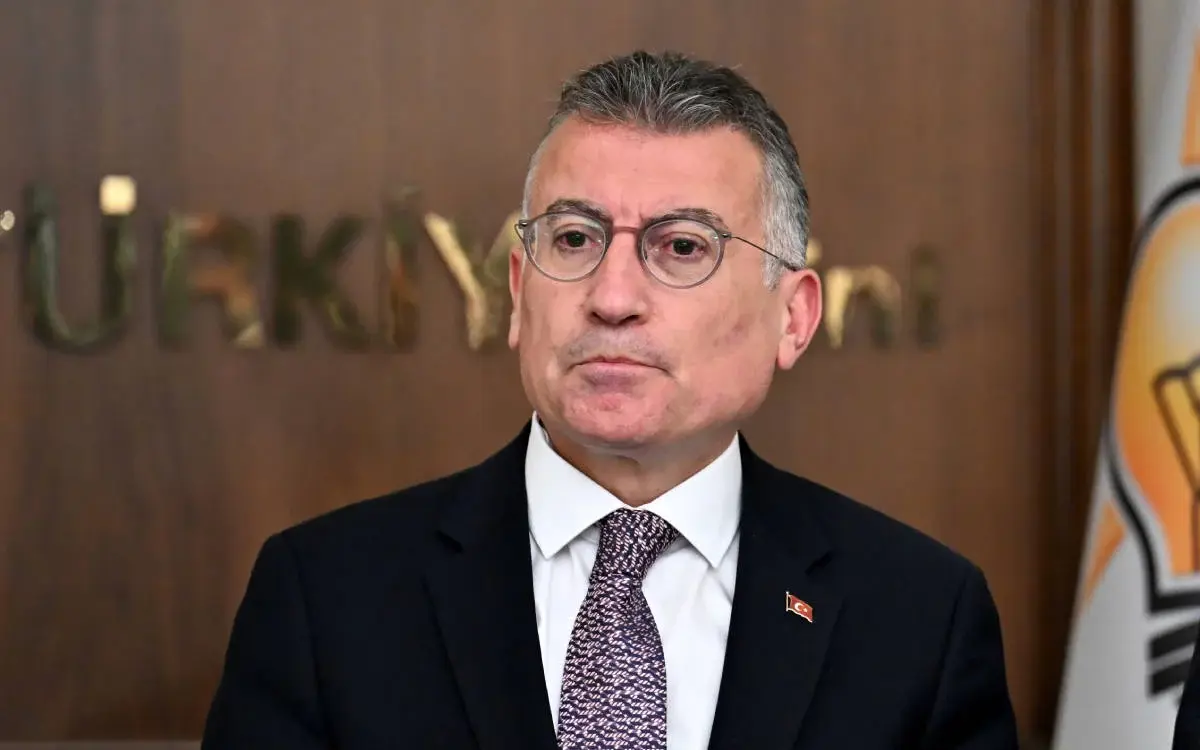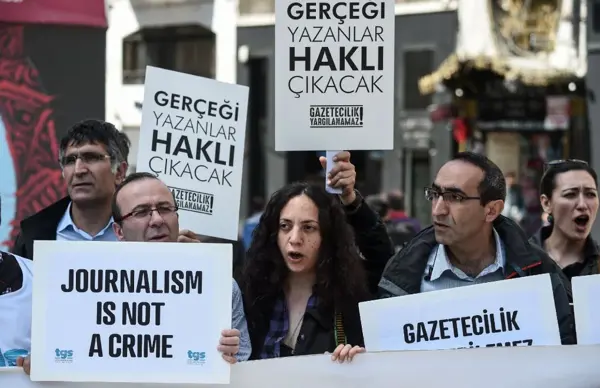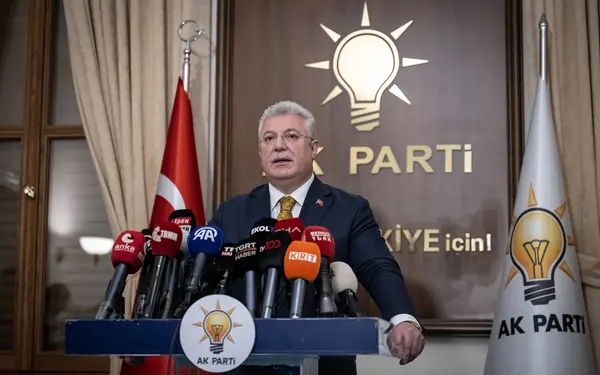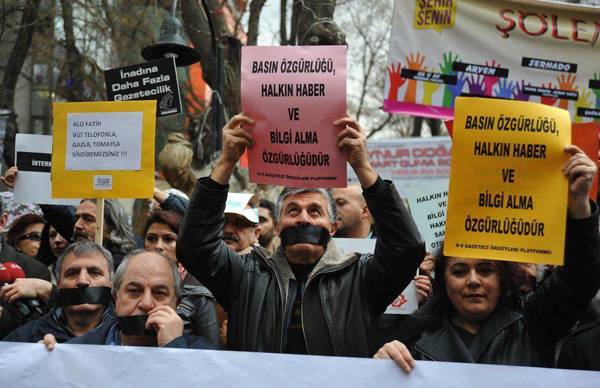The ruling Justice and Development Party (AKP) has postponed the controversial “agents of influence” bill, a proposed measure expanding the definition of espionage to include activities deemed to influence public opinion on behalf of foreign actors. The move follows strong opposition from critics who argued the bill could criminalize journalism.
AKP Parliamentary Group Chair Abdullah Güler said today that the measure would be removed from an omnibus bill currently under consideration but indicated that it could be reintroduced after further consultations.
“We will hold a meeting next week to address the opposition's proposals and objections regarding the espionage provision,” Güler told the state-run Anadolu Agency (AA). Representatives from the Justice Ministry will also attend the meeting.
Güler clarified that while the bill was not completely withdrawn and will likely be put forward again after taking into account input from opposition parties.
The bill had been set for discussion this week but faced significant criticism from opposition lawmakers and journalism groups. Critics argue that the bill’s broad language could be used to label journalists and others who criticize government policies as “agents of influence,” leading to potential legal action against them. The Press Council, among other groups, has warned that the bill could create a “witch hunt,” effectively suppressing free speech and investigative journalism.
The AKP first introduced the bill in June but withdrew it after a similar backlash.
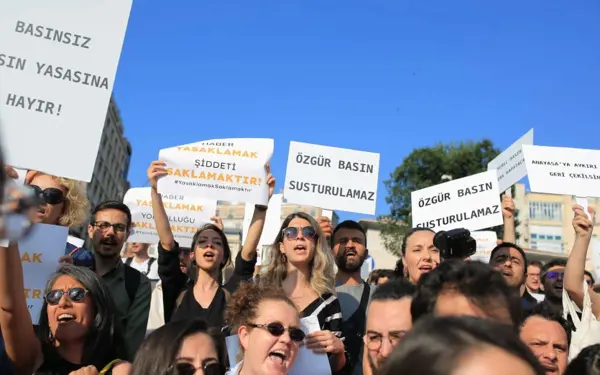
‘Covering ECtHR rulings could become an offense with Turkey’s new agents of influence bill’
Proposed article 339/A of the Turkish Penal Code according to the draft bill
1. Anyone who commits a crime in alignment with the strategic interests or instructions of a foreign state or organization, against the security of the state or its internal or external political interests, shall be sentenced to three to seven years in prison. The offender shall be sentenced for both this crime and any other relevant crime committed.
2. If committed during wartime, or in a way that endangers the state's war preparations, activities, or military operations, the offender shall face eight to twelve years in prison.
3. If committed by those serving in positions of strategic national security within institutions handling important projects, facilities, or services, the sentence shall be doubled.
4. Prosecution of this offense is subject to the permission of the Minister of Justice.
(VK)





